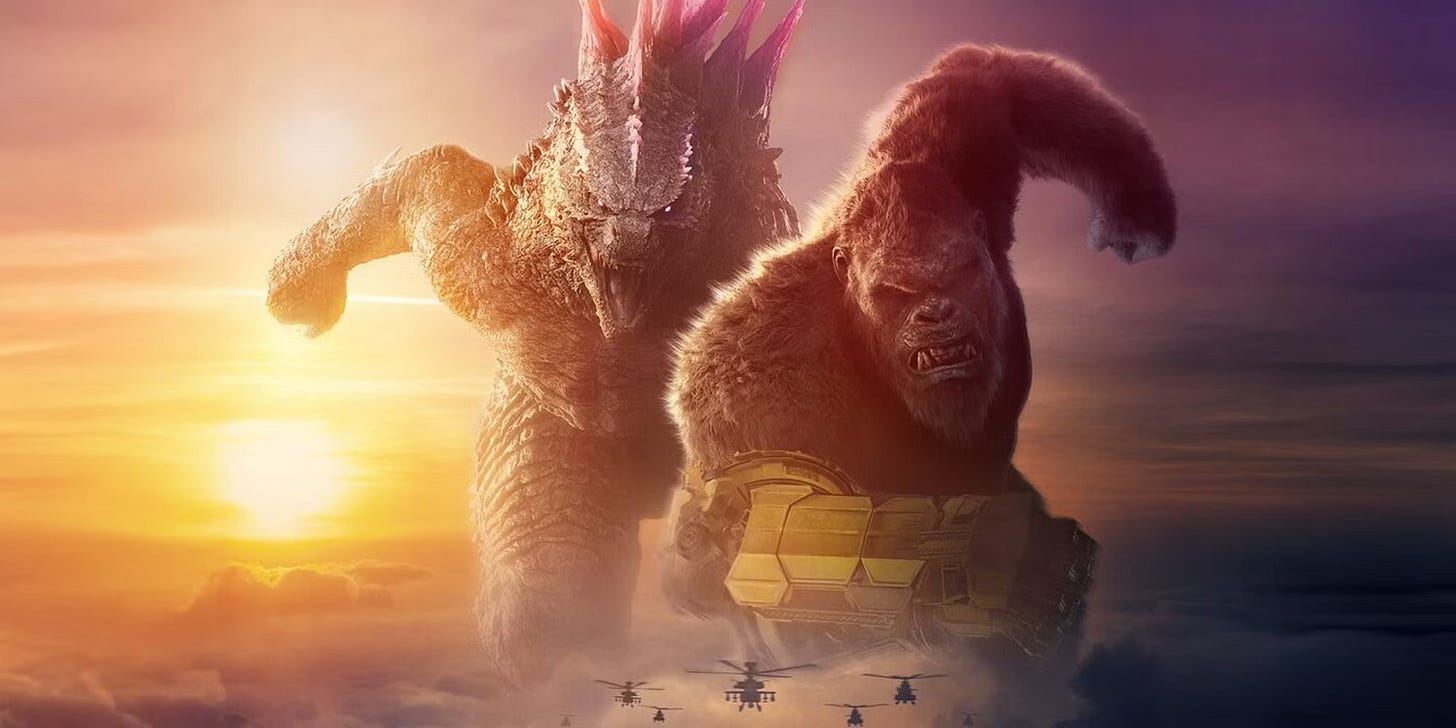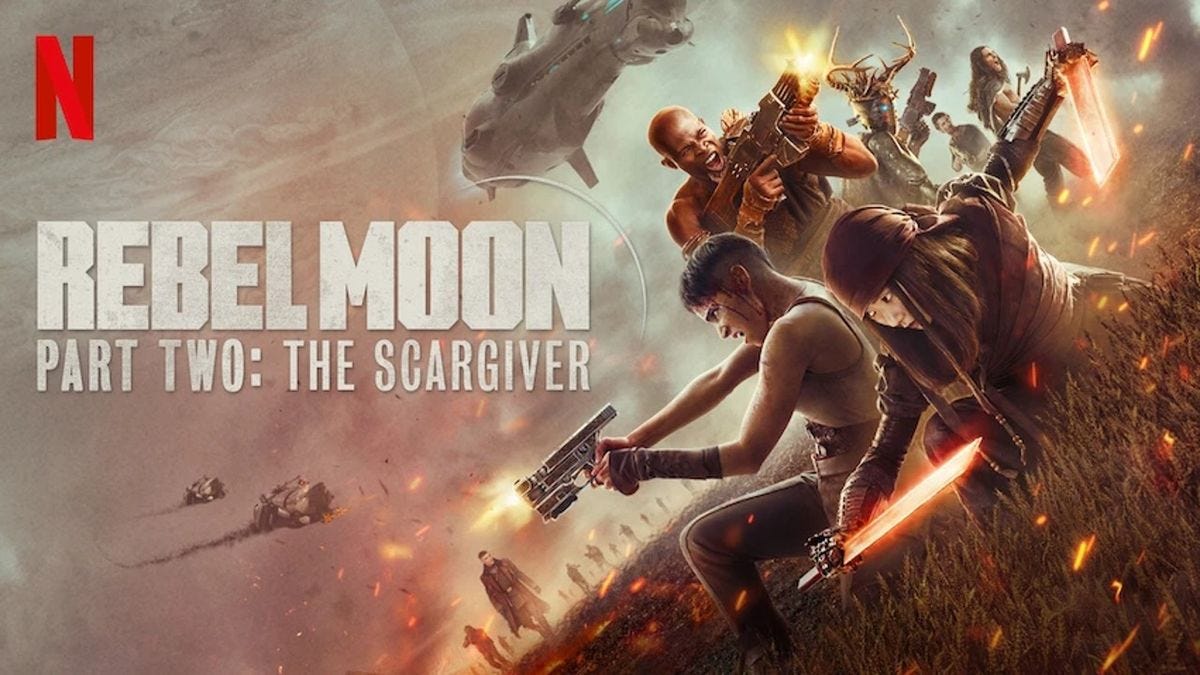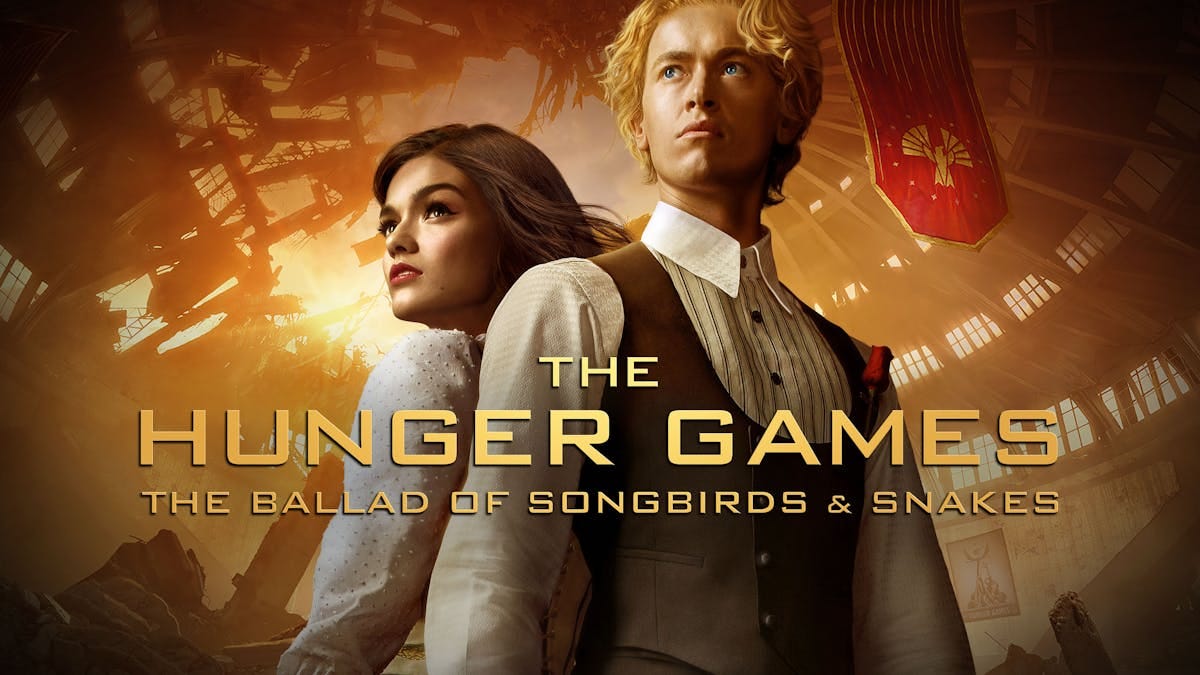Are Movie Titles Getting Longer? A Statistical Analysis
Investigating trends in movie naming.
Intro: The Summer of Long Movie Titles
Summer 2024 is the year of the long movie title. Blockbuster season kicked off with Godzilla x Kong: The New Empire before passing the box office baton to Kingdom of the Planet of the Apes, which eventually ceded its top-grosser status to Furiosa: A Mad Max Saga. Gone are the days of simple naming schemes—Fear, The Fugitive, The Firm, Dave—replaced by an alphabet soup of seemingly dramatic words.
And yet, these long-winded titles are more than the product of new-fangled Hollywood advertising. Instead, these naming schemes reflect a movie industry adapting to shrinking box office returns and competition from high-quality home entertainment options. Apparently, moviegoers require elongated, melodramatic titles to be enticed out of their homes.
So today, we'll investigate trends in movie naming, the industry dynamics and histrionic words powering these trends, and the rise of a particular punctuation mark. Get ready for another fabulous installment in the Stat Significant Literary Universe (SSLU): "Rise of the Long-Winded Movie Title: A Stat Significant Saga Part 1 (of 1): The Legend of The Kingdom of an Ailing Movie Industry."
This newsletter was made in partnership with International Intrigue!
Find Out Why Over 90,000 People Trust This Global Affairs Newsletter. With a dedication to clarity over clickbait, International Intrigue gives you only the most essential stories, helping you stay informed in under 5 minutes.
Sign up for free here
Are Movie Titles Getting Longer?
2006's Borat: Cultural Learnings of America for Make Benefit Glorious Nation of Kazakhstan holds the record for the longest movie title among projects with a budget of $20M or greater (inflation-adjusted)—though this film is a notable departure from most long-winded names.
Borat's meandering title frames the movie as an act of naiveté—everything after the protagonist’s name is excessively pointless—whereas other wordy titles are the product of clunky corporate marketing (who knows how many McKinsey consultants helped name The Hunger Games: The Ballad of Songbirds and Snakes). These protracted monikers present stories known to audiences (intellectual property ❤️) while also offering a (small) degree of novelty—they're the same but different.
Unsurprisingly, Hollywood franchises dominate our list of the longest movie titles, with most of these entries making use of comic book naming conventions.
Hollywood's infatuation with franchise entertainment began in the early 2000s, piggybacking off the blockbuster success of Spider-Man 2, The Lord of The Rings movies, and the Harry Potter films. The 2010s and 2020s would see a continuation of this trend, with title lengths growing longer and longer as Hollywood further embraced franchise storytelling.
When we examine title length by genre, we see franchise-friendly formats, like adventure, fantasy, and family, typically use more alphanumeric characters.
I'll admit that these datapoints bring us more of the same:
Marvel ruined entertainment
So did Netflix
Bob Iger probably contributed to this
A24 is the savior of modern cinema
So is Christopher Nolan
Movies used to be great (mainly when you, the reader, were 14 years old), but now they are bad, and long titles are yet another indication of this medium's artistic demise. If the world never changed, we wouldn't have this problem—film titles would be three syllables tops.
We could continue with this line of thinking (indefinitely), indulging in the cynical and yearning for the days of concise titles like Flubber, The Game, Titanic, and Scream 2, but what if we didn't? What if, instead of complaining, we embraced the absurdity of lengthy naming schemes, exploring the phrases and punctuation that power these ever-growing titles?
Enjoying the article thus far and want more data-centric pop culture content?
Anatomy of a Long Movie Title: Common Words and Punctuation
The Ringer's "Big Picture" podcast provides in-depth analysis of artistic and commercial trends in the film industry. The show's host, Sean Fennessey, is a devout cinephile who is openly contemptuous of the industry's growing reliance on intellectual property (IP). Every time he discusses mindless IP, he explicitly mentions the "colon" featured in the film's title, like Rebel Moon – Part Two [Colon] The Scargiver.
After a few weeks of listening to this show, Fennessey's act of subtle protest began to hit home: why are so many films (some that aren't even sequels) using colons?
When we examine the words and punctuation used in longer movie titles, we see an overwhelming embrace of the colon, its usage far outpacing all other words or alphanumeric characters.
Other terms from lengthy titles indicate the movie's place within a franchise ("part," "2," "Two") or highlight the epic nature of a new chapter ("World," "Legend," "War").
But it's the colon that's the star of modern Hollywood (an admittedly weird sentence to write). The movie industry has always relied on sequels, but its increasing use of this punctuation mark highlights a new direction for movie marketing—a landscape laden with colons.
Every film is an event, a fleeting once-in-a-lifetime experience that serves as a single chapter in a long-running (and perhaps never-ending) story. Gone are the days of Superman 2 and Spider-Man 3, replaced by Superman: Man of Steel and Spider-Man: No Way Home. In many ways, these two dots are everything wrong with American moviegoing—the object of scorn for those disillusioned with serialized content—though you could just as easily blame Netflix and David Zaslov.
Final Thoughts: Do We Need More Colons?
At the root of these ever-expanding movie titles lies a fundamental question: what are studios trying to accomplish with these names? Why does Hollywood resort to this messaging?
To better understand the purpose of these lengthy titles, we'll examine a sample of recent releases:
Godzilla x Kong: The New Empire: This tells you that a giant lizard will fight a giant monkey, and it will be epic.
Kingdom of the Planet of the Apes: This film is yet another chapter in The Planet of the Apes franchise. This movie will feature regular-sized monkeys organizing themselves into an autocracy.
The Garfield Movie (2024) and its predecessor Garfield: The Movie (2004): These will be movies about Garfield (I'm sure of it).
These naming choices are the product of a movie industry that can only entice people to theaters when they event-ize something. In its competition with streaming, cinema has moved towards serialization while simultaneously constructing these installments as can't-miss events.
Claiming that an overgrown lizard and massive monkey will battle amidst the backdrop of a "new empire" (whatever that means) transforms the movie into a spectacle. This film is more than a sequel, but it's also not too different from the previous installment that you liked. Apparently, this marketing tactic induces people to leave their homes and pay $22 (per person!) instead of watching this monkey-lizard duel at home for $3.99 (or free!).
So far this year, the American box office is down 25%, the result of last year's strikes and an absence of superhero content (Marvel will only release one film in 2024). As much as it pains me to write this, there may be an argument that we need more colons. Getting people to theaters reacquaints them with the magic of the movies (i.e., Nicole Kidman ads and comfy seats) and allows these viewers to sample trailers for upcoming works, which they may return to theaters to watch. Absent a film to initiate this flywheel, moviegoing habits die. Perhaps we need a healthy dose of serialized Marvel content with silly colon-laden titles.
"Survive till '25" has become a common saying in the entertainment industry—a time when post-strike content will debut, and everything will be totally fixed (no more problems!).
Perhaps we should adopt this mantra as well, but with our own special twist: "Survive Till '25: Things Will Get Better: A New Empire (Hopefully)."
Want to chat about data and statistics? Have an interesting data project? Just want to say hi? Email daniel@statsignificant.com














Great piece. I enjoyed it. It comes on the heels of something I was discussing the other day with a friend. You might want to do a study of it... I mentioned to her that I had just seen a movie in which the opening credits were a couple of minutes long. The reason? There were ELEVEN (count 'em...) companies involved, and each one wanted its name up there on screen, AHEAD of the title and of the the stars. Opening credits these days go something like this:
--LOGO OF Company A
--Company B
--Company C
--Company D ("A Company E company")
--In Association With:
--Company F
--Company G
--Company H ("a Company I company") production of...
--A FILM BY
--Company J
--A Company F Production
--(TITLE OF FILM, or STARS)
It often seems as the the title of the film is an afterthought.
Thanks for an interesting piece. --je
At least in part, I attribute the longer titles to a need on the part of studios to make sure cinema-goers know what franchise a film belongs to. I don't know if this is because audiences have gotten dumber, and need to be bludgeoned with information lest they not realize a new film from their favorite franchise has been released, or if studios simply think this is the case.
If you look to the long-running franchises of the past, they often made no mention of the franchise in the title. Star Wars may be where it all started. I, and all my friends, knew that The Empire Strikes back was Star Wars part 2, even though neither the word star nor wars appeared in the title, but just in case, the title was framed by those words. "Star The Empire Strikes Back Wars" read the poster.
Of the 14 Basil Rathbone Sherlock Holmes films, only 5 feature the detectives name in the title. Apparently, audiences were able to figure out that Pursuit to Algiers or The Pearl of Death were Sherlock Holmes films, but today they'd be titled Sherlock Holmes: Pursuit to Algiers and so forth.
James Bond is an even better example. None of the 25 (27 if you count the 2 not made by Eon) mention Bond in the title. Again, audiences were able to intuit his presence without being told they were going to see James Bond, Agent 007: A View to a Kill.
Godzilla's name typically shows up in film titles, but not always. I don't think Invasion of Astro Monster did any worse because potential viewers avoided it because they didn't know it featured Godzilla.